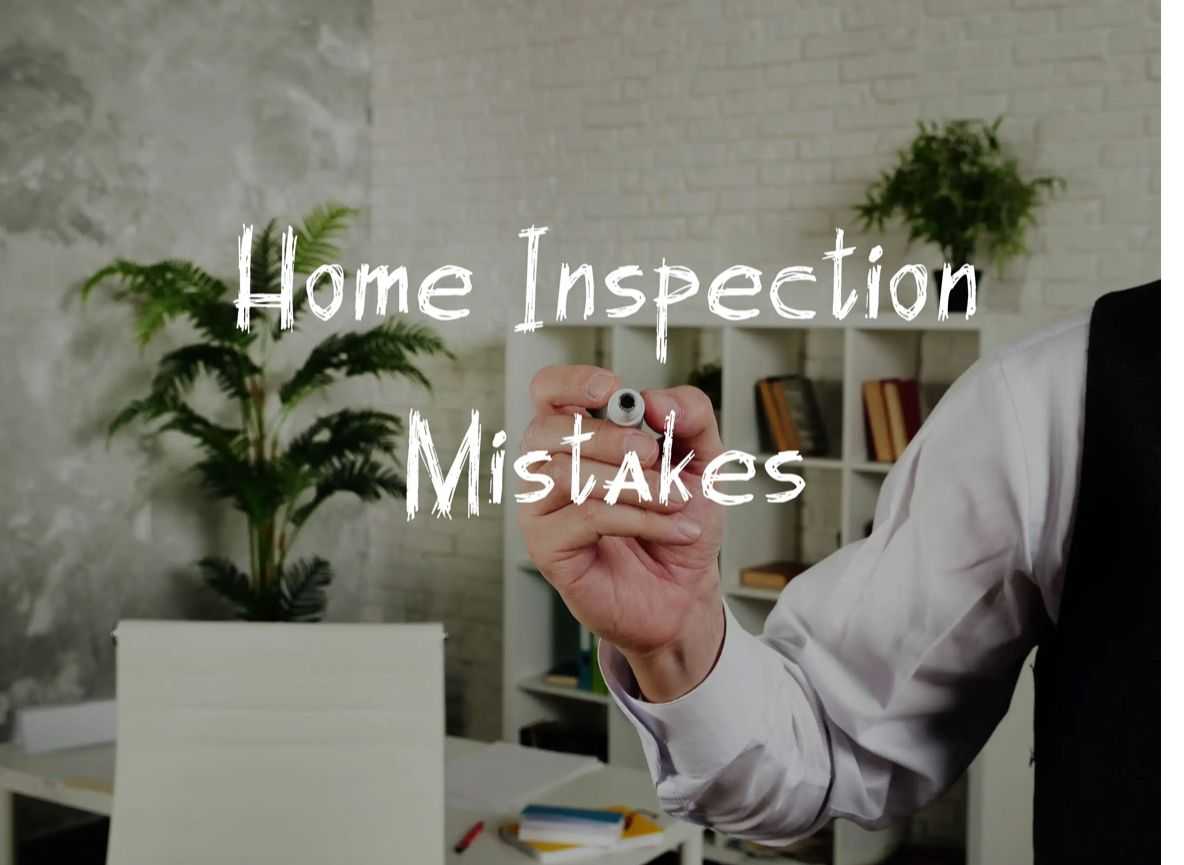Common Home Inspection Mistakes to Avoid

When buying or selling a home, a crucial step in the process is the home inspection. This thorough examination of a property's condition helps both buyers and sellers make informed decisions. However, several common mistakes can undermine the effectiveness of a home inspection. Here are some pitfalls to avoid:
1. Skipping the Inspection:
Some buyers may be tempted to skip the home inspection to expedite the purchasing process or save money. However, this decision can lead to unforeseen issues and costly repairs down the road. A comprehensive inspection provides a clear picture of a property's condition, helping buyers make informed choices.
2. Hiring an Inexperienced Inspector:
Not all home inspectors are created equal. Hiring an inexperienced or unqualified inspector may result in a superficial examination, missing potential problems. It's crucial to choose a certified and reputable inspector with a track record of thorough inspections.
3. Not Attending the Inspection:
Buyers often underestimate the value of attending the home inspection. Being present allows you to ask questions, gain insights into maintenance requirements, and understand the significance of potential issues. It's an excellent opportunity to familiarize yourself with the property's intricacies.
4. Ignoring Maintenance Issues:
Home inspections aren't just for identifying major structural problems; they also highlight routine maintenance needs. Ignoring minor issues such as leaky faucets or worn-out roofing can lead to more significant problems over time. Addressing these concerns early can save both time and money.
5. Relying Solely on the Inspector's Report:
While the inspector's report is a crucial document, it's important not to solely rely on it. Buyers should actively participate in the process, ask questions, and seek clarification on any concerns. Additionally, consulting with specialists for specific issues (such as electrical or plumbing) can provide a more in-depth understanding.
6. Not Revisiting the Property:
Inspectors may identify issues that require further investigation by specialists. In such cases, it's important to revisit the property with the appropriate professionals to gain a comprehensive understanding of the problems and potential solutions.
7. Underestimating Future Costs:
A common mistake is underestimating the potential costs of repairs and maintenance identified during the inspection. Buyers should factor these costs into their budget and negotiations, ensuring a realistic financial outlook for homeownership.
In conclusion, a home inspection is a critical step in the real estate process, and avoiding these common mistakes can help buyers and sellers make well-informed decisions. Taking the time to thoroughly understand a property's condition can ultimately save money, prevent future headaches, and contribute to a smoother real estate transaction.